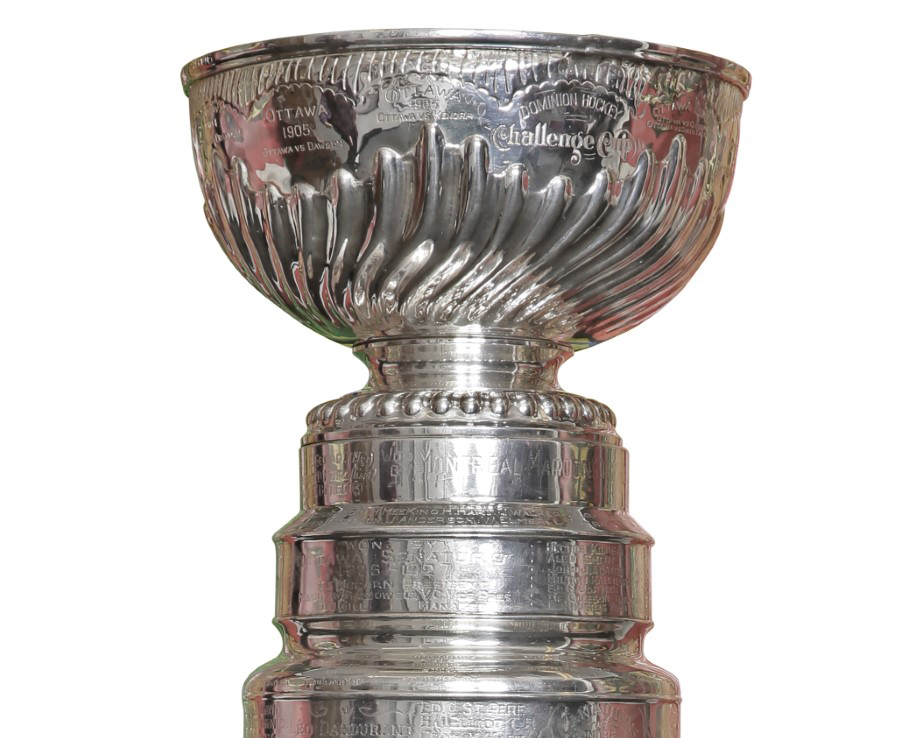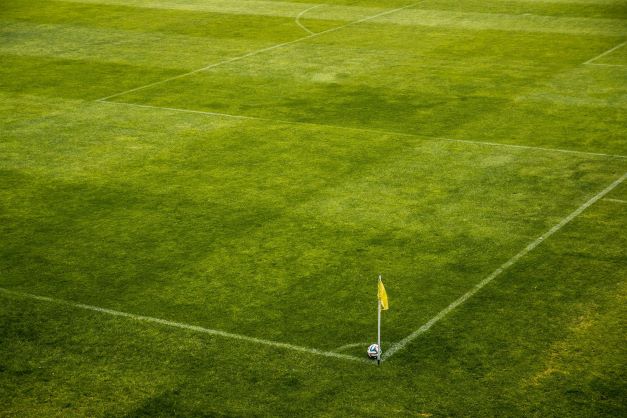
The end of the dynasty and the beginning of a new one
By Brandon Yip, Senior Columnist
“Clearly we didn’t pay enough of a price to win.” – Kevin Lowe, former 1983 Oilers defenceman
The New York Islanders would once again defend their title against the Edmonton Oilers in the 1983 finals. This time it was different; despite the Islanders being the “GOATs” of the NHL in the early 1980s, they were not favoured to win the 1983 final by many sports writers.
During the 1982-83 season, the Oilers finished first in the Smythe Division with 106 points (tied for second overall). The Islanders finished second in the Patrick Division with 96 points (tied for sixth overall). The Oilers set a new record for most goals in one season with 424 goals (next season broke the record with 446 goals). In contrast, the Islanders only scored 302 goals. With the Oilers’ propensity to score lots of goals, many predicted the young Edmonton Oilers would defeat the defending three-time Stanley Cup champions. The Oilers also had youth on their side and had the following star-laden roster: Wayne Gretzky, Jari Kurri, Mark Messier, Glenn Anderson, and Paul Coffey.
However, the predicted Oilers victory did not occur, as the New York Islanders swept the Oilers 4 games to capture their fourth cup. Years later, many Islander players, including Mike Bossy, stated the fourth championship victory over Edmonton was the most satisfying. “[It was satisfying] because everyone thought that Edmonton was supposed to take away the Stanley Cup that year,” Bossy said in the 2003 documentary, Ultimate Gretzky. “And when we beat them four [games to] zero, it was like you know, ‘It’s not your time yet. You got to learn to win before you can win.’”
Kevin Lowe, former Oilers defenceman who played in the 1983 final, recalls after the series was over walking past the Islanders dressing room. Lowe had a quick glance inside their room and noticed something that resonated with him. “What we saw was significant in terms of a very important message,” Lowe said in an email interview with the Other Press. “What we saw was most of the players still in their equipment sitting in their stalls having a beer, laughing, and having fun. Here we were, showered, in our suits, heading to the bus wondering what the hell just happened. We went from having the time of our lives in the [playoffs] for a few weeks to getting totally humiliated in nine days. The most important point about that brief visual of the Islanders in their room was the fact that just about every player had an ice bag or three strapped somewhere on their body. It was an A-HA moment for us! Clearly we didn’t pay enough of a price to win.”
The following season, the Oilers and Islanders would meet again in the Stanley Cup final. The Oilers won game one in New York by a score of 1 to 0, and this was highlighted by a spectacular performance by goalie Grant Fuhr—who made 34 saves. The Islanders tied the series in game two, winning by a score of 6 to 1.
Then it was onto Edmonton for games three, four, and five at Northlands Coliseum. On home ice, the Oilers showed their speed, tenacity, and exciting playmaking abilities—momentum appeared to be in their favour. The Islanders were making their fifth straight appearance in the cup final and perhaps age and playing so many playoff games had finally caught up to them, as the y0ung Oilers looked faster and stronger as the series progressed. The series could be described as the torch of a dynasty being passed to a new one. In game three, the Oilers won decisively by a score of 7 to 2. The next game the Oilers would win by the same identical score. In game five, the Oilers finally beat the defending champions, winning the game by a score of 5 to 2—taking the series 4 games to 1—to capture their first Stanley Cup.
Kevin Lowe says learning from the Oilers’ loss to the Islanders the year before made their team stronger. “The main factor was simply having had our asses handed to us the year before,” Lowe told the Other Press. “We had so much respect for how good the Islanders were. We knew the only way we could beat them was to try and be as composed and disciplined as the Islanders were. The coaching staff gave us a game (systems) plan we didn’t have the year before [….] We were learning that in order to win there needed to be 100 percent buy in to the total team game.”
Islanders coach, Al Arbour, although disappointed by losing to the Oilers—was gracious in defeat, telling USA Network after the loss: “First of all, I would like to congratulate Edmonton. They have a very fine hockey club. And I’d certainly like to congratulate my team. I’m very, very proud of them. They gave it everything they had and at the end it just wasn’t enough [….] [The Oilers] got a young club with great talent, and they certainly deserved to win this playoff.” Mike Bossy stated the Oilers learned quickly from their defeat by the Islanders the year before. “They probably learned more from that loss than anything else that happened that year,” Bossy said in the same 2003 documentary. “And they learned fast, I’ll tell you, because the next year they whipped us pretty good beating us 4 to 1.”
Although, the New York Islanders’ dynasty was ended by the Edmonton Oilers, the Islanders had made five straight appearances in the Stanley Cup Final—a notable achievement. Remarkably, the Islanders still hold an NHL record for longest consecutive playoff series victories. From 1980 till 1984, the Islanders won 19 consecutive playoff series. It is a record that may never be broken. Denis Potvin, captain of the Islanders during their dynasty, says in the 1996 documentary Never Say Die: The Story of the New York Islanders, he is proud of what the Islanders achieved: “It demanded a tremendous amount of mental effort and giving, sacrifice. It’s rare to find 20 guys that will do it year after year. We’re a great hockey team. I think more than anything, I’m more proud to have been a member of that team than I am of any single accomplishment.”
This is the conclusion of four articles commemorating the New York Islanders’ dynasty of winning four consecutive Stanley Cups from 1980 till 1983.


